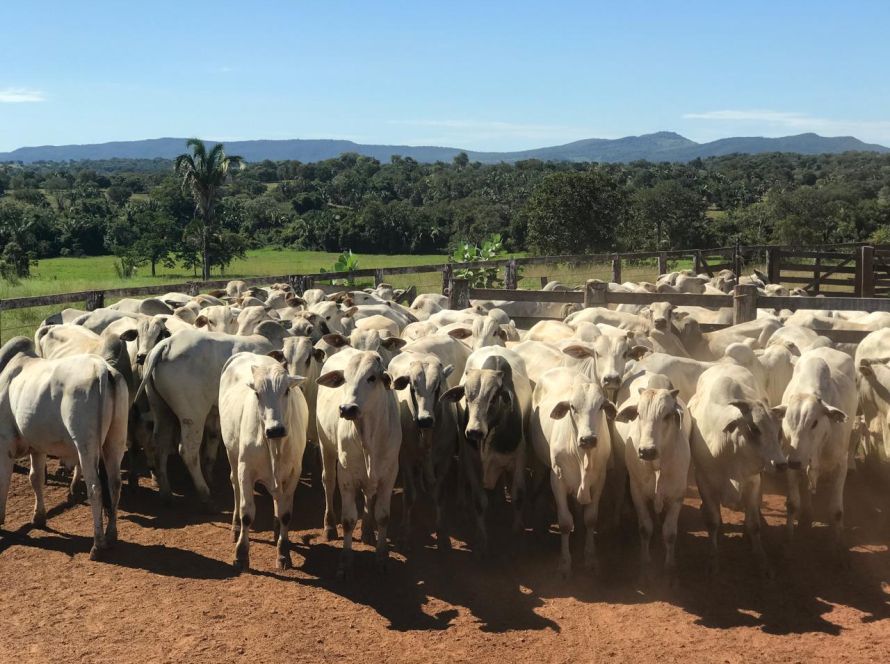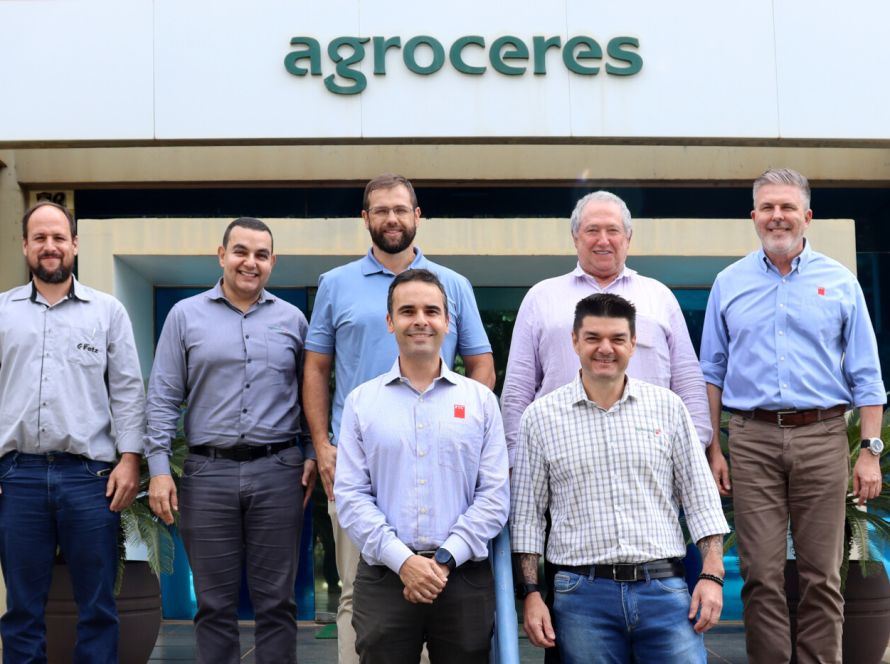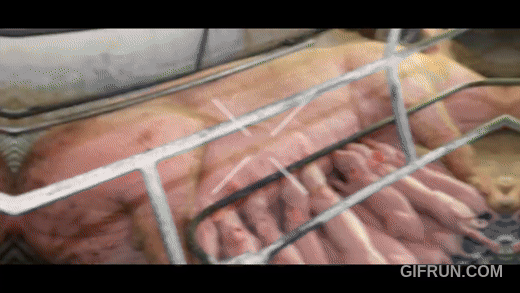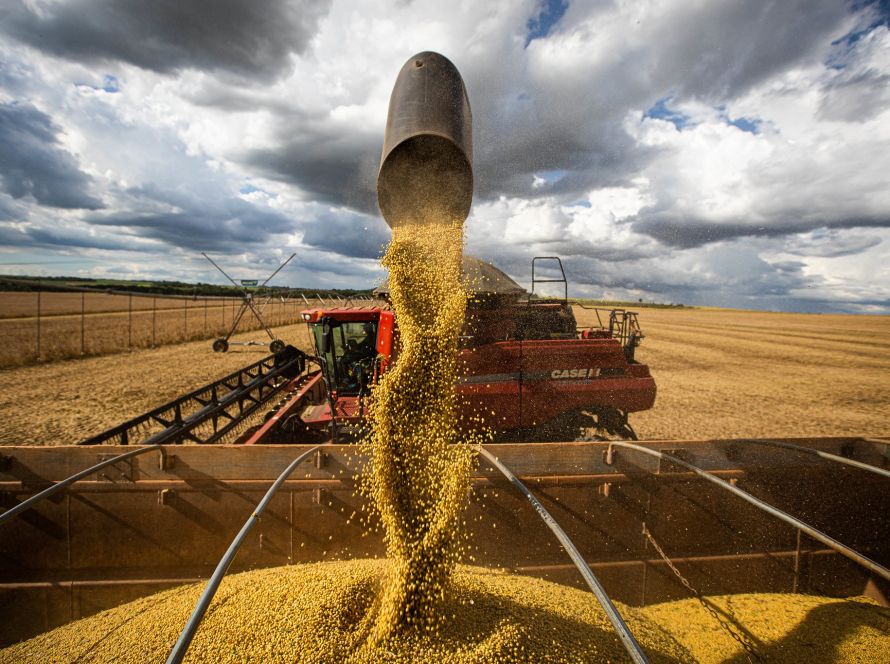An injunction suspending the execution of a debt of R$15T 209 million, in a lawsuit filed on behalf of a rural producer in Mato Grosso do Sul, was obtained by professionals from Supreme Agro and of the Mello & Amadi Lawyers Associates. The decision was the result of a request for judicial recovery (RJ), based on the Judicial Recovery and Bankruptcy Law – No. 11,101/2025, which creates rules for entrepreneurs or companies that are going through a financial crisis and need to reorganize themselves – they must do so in accordance with the guidelines imposed by the Court.
“More than a legal victory, it is a clear message that there is a way to start over, with dignity and protection for your assets. For other producers, it is proof that, even in the most challenging times, it is possible to find alternatives to keep production active and the family in the field, preserving what has been built with so much effort over the years”, said the lawyer specializing in agribusiness at Supreme Agro, Kleber Rouglas de Mello.
Judicial recoveries have been an important, effective and widely used tool by rural producers, companies in the sector or agricultural groups that have been, in recent years, affected by the severe challenges imposed by agribusiness, which range from adverse weather conditions – such as the case of Rio Grande do Sul, for example, which has suffered four droughts and a devastating flood – to sharp drops in the prices of agricultural commodities or intense increases in production costs.
In 2024 alone, Brazilian agribusiness registered more than 1200 RJ requests.
In this way, Mello adds that a decision like this “brings a real breath of fresh air to rural producers, who often feel helpless in the face of difficulties caused by factors that are completely beyond their control, such as climate, market and high production costs”.
The preliminary injunction in question, filed by a producer from Mato Grosso do Sul, was also based on article 47 of law No. 11,101/2025, which defines the objective of judicial recovery as enabling the overcoming of economic and financial crises, allowing the maintenance of the production source, employment and the interests of creditors. The court decision also considered that the requirements set forth in article 48 were also met, ensuring that the processing of the action was granted and the restructuring of liabilities restored.
Thus, the measure suspended all ongoing executions and authorized the presentation of the judicial recovery plan.
However, seeking judicial recovery is a detailed process, which requires a well-prepared dossier of the history of losses and the professionals who are suffering them at the moment, which makes the assistance and monitoring of specialists essential, as is the case of the Suprema Agro team.
“The journey is not easy, and facing such a complex process alone can be daunting. That is where it is important to have professionals by your side who not only know the law, but also understand the day-to-day life in the field and the pains of rural producers,” says Mello.

Furthermore, the Supreme He also highlights that the work of a specialized team in cases like this also guarantees security for the process. “We work alongside the client, creating tailored strategies and always thinking about the continuity of rural activity, because we know that what is at stake is not just a business – it is the life story and livelihood of many families.”
The focus on the legacy of these producers, families or business groups is what has ensured that more professionals can remain in the activity, despite the challenges that a sector such as agribusiness imposes, with the use of the judicial recovery tool in a sustainable, planned manner and acting on the correct fronts, consistent with the problems in question.
In the case of the rural producer from Mato Grosso do Sul, “the main argument we used was the crop failure he had, which we demonstrated in the technical reports we presented. If he had climate problems, due to drought or excessive rain, the price of the goods and the price of inputs are also important topics. We gathered all the information and demonstrated it in the report, presented it to the client and then filed this judicial recovery, with the intention of obtaining an injunction”, explains Jeferson Woicziekoski, executive director of Supreme Agro.

The team at Supreme He also advocates that the entire process should be carried out with complete and total organization of facts, documents and trajectory, from the accounts to the survey of debts and assets. This organization is what will ensure clarity about the financial reality, so that the plan presented is viable and really offers chances of restructuring.
“In addition, it is necessary to maintain good communication with creditors and monitor each stage of the process with extra attention. The most important thing is to know that, with specialized support and dedication, it is possible to emerge stronger from this phase and put the house in order to continue producing with security and hope”, concludes Kleber Rouglas de Mello.
Click HERE to contact Suprema Agro and find out more about the services provided.
And follow us on Instagram on the profile Supreme Agro





